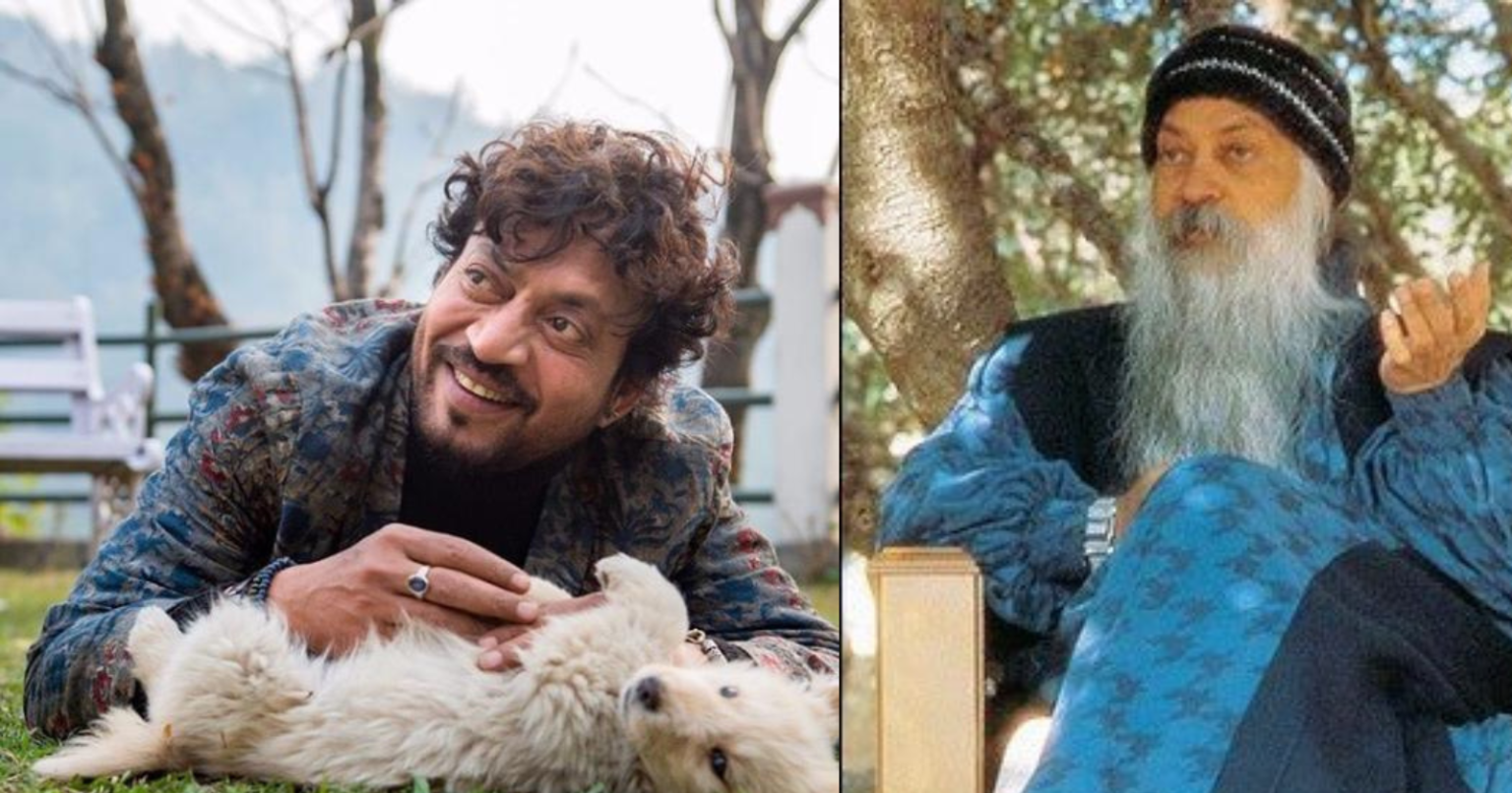Ten years after the failed attempt to cast Irrfan Khan as Osho Rajneesh in a movie on the controversial spiritual teacher, Italian director Lakshen Sucameli made a documentary about him.
The Maharashtra government presented a shortened version of their documentary series “Ten Thousand Shades of Osho,” titled “Osho the Movie,” during the recent Yashwant International Film Festival.
Sucameli believed that Irrfan would have been the best choice to portray Osho, and he would have been cast in the role had he had his way.

“I was doing a feature film more than ten years ago but that didn’t materialize so I switched into this one (docu-series), which took five years. Irrfan Khan was my first choice, and he liked Osho,” he said.
In 1978, the filmmaker, who was born in Italy, travelled to India to meet Osho, who at the time was widely considered to be one of the most polarizing spiritual figures in the world. The director’s past addresses include Osho’s ashram in Pune, India, and Oregon, United States.

Osho’s disciple Sucameli (now known as Lakshen) expressed an interest in being the film’s protagonist.

“The first time I met Osho was in 1978. Since then, I have had two purposes in life – to know myself and to share his vision. When I started working as a filmmaker, I knew that one day, I would make a film about him,” he added.
Sucameli claimed to have met “Rang De Basanti” screenwriter Kamlesh Pandey and stars Irrfan Khan, Sanjay Dutt, and Kamal Haasan. Subhash Ghai, Pritish Nandy, and Bobby Bedi, three Indian film directors, were among the people he said he’d spoken to.
“The Indian producers are not really open to an international film. They are so satisfied with Bollywood. Even if they know Osho, and even if they saw the potential, they didn’t really warm to the idea of doing an international co-production,” he added.
An unseen video of Osho from all around the globe is included in the documentary, and it will also look at different periods of the spiritual guru’s life through the eyes of his friends and followers.
A member of the Osho community named Sucameli has said that the documentaries are not propaganda and that they provide a more well-rounded perspective than the film “Wild Wild Country,” which was released in 2018.
